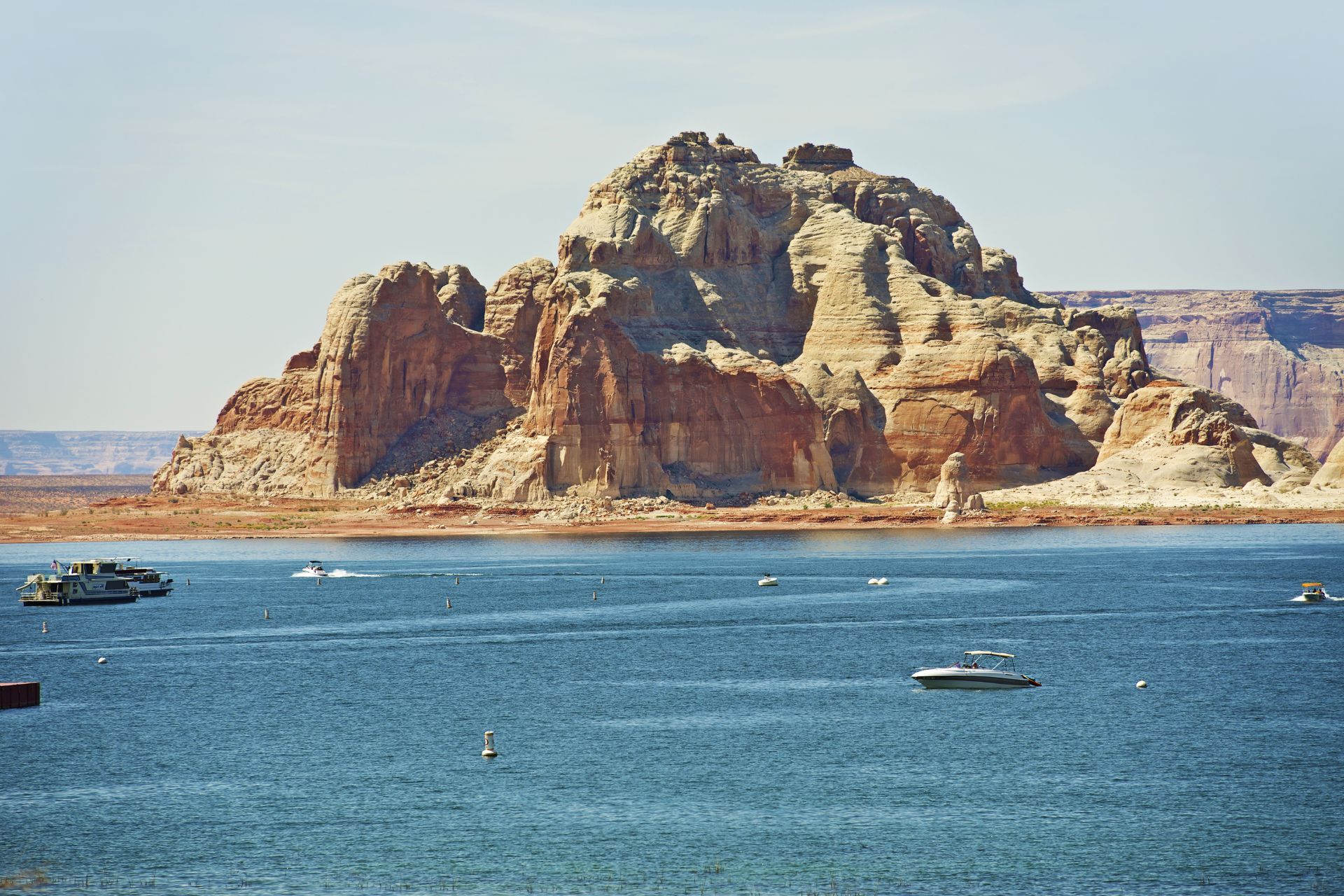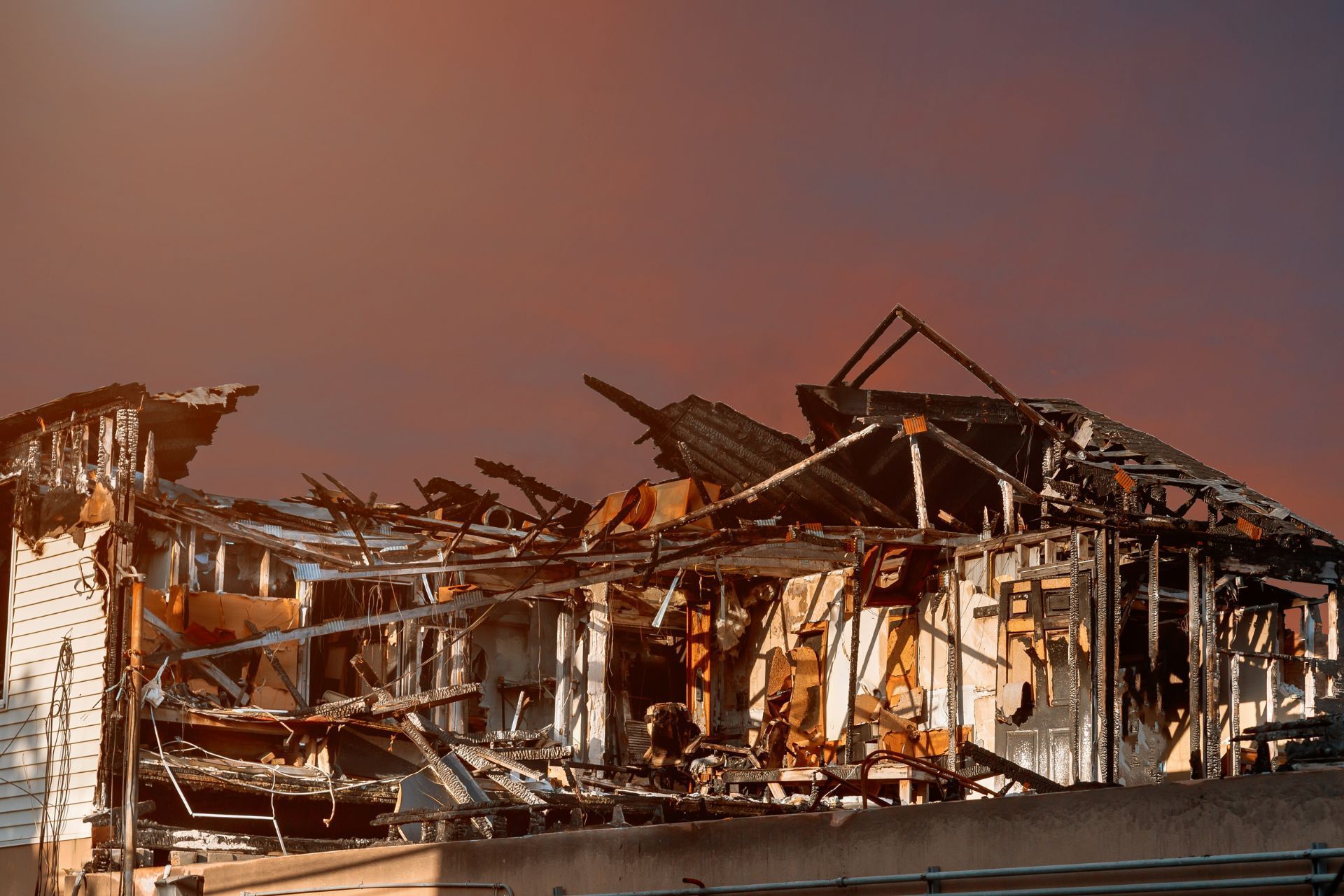In the picturesque state of Colorado, businesses thrive amidst breathtaking landscapes and vibrant communities. However, the beauty of this region comes with its own set of challenges, particularly when it comes to natural disasters like wildfires and floods. Understanding how these events can impact your business and whether your insurance policy provides adequate coverage is crucial for every business owner.
The Importance of Business Insurance
Business insurance serves as a safety net, protecting entrepreneurs from financial losses due to unforeseen events. Whether it’s a natural disaster, theft, or liability claims, having the right coverage can mean the difference between recovery and closure.
In Colorado, where the risk of wildfires and floods is significant, it’s essential for business owners to assess their insurance policies carefully. Many policies may not cover specific natural disasters unless additional riders or endorsements are included. This proactive approach not only safeguards assets but also provides peace of mind, allowing business owners to focus on growth and innovation rather than worrying about potential setbacks.
Understanding Wildfire Risks in Colorado
Colorado is known for its stunning natural beauty, but this also makes it susceptible to wildfires, especially during the dry summer months. The state has experienced devastating wildfires in recent years, leading to significant property damage and loss.
Business owners located in areas prone to wildfires should be particularly vigilant. It’s essential to understand the specific risks associated with wildfires, including how they can affect not only the physical structure of a business but also its operations and revenue streams. Moreover, the aftermath of a wildfire can lead to increased insurance premiums and a challenging recovery process, emphasizing the need for comprehensive risk management strategies that include both insurance and preventive measures, such as firebreaks and community awareness programs.
Flooding: A Growing Concern
While Colorado may be famous for its mountains, it is also home to numerous rivers and streams that can overflow during heavy rains or rapid snowmelt. Flooding can occur with little warning, and the damage it causes can be extensive and costly.
Many business owners mistakenly believe that their standard insurance policies will cover flood damage. However, floods often require separate flood insurance policies, which are not included in typical business insurance packages. Understanding the nuances of flood risks is crucial, as even minor flooding can disrupt operations, lead to inventory loss, and result in costly repairs. Business owners should consider conducting a thorough risk assessment of their location, exploring options for flood mitigation, and staying informed about local weather patterns to better prepare for potential flooding events.
Types of Coverage to Consider
When evaluating business insurance options, it’s vital to consider the types of coverage that will best protect against wildfires and floods. Each type of coverage has its own set of benefits and limitations.
General Liability Insurance
General liability insurance is a fundamental component of business insurance. It protects against claims of bodily injury, property damage, and personal injury. However, it typically does not cover damages caused by natural disasters like wildfires and floods.
Business owners should review their general liability policies to understand what is covered and what isn’t. This knowledge can help in making informed decisions about additional coverage options. Furthermore, it may be beneficial to consult with an insurance agent who specializes in business insurance to identify any gaps in coverage and explore tailored solutions that address specific risks associated with natural disasters.
Property Insurance
Property insurance covers physical assets, including buildings, equipment, and inventory. This type of insurance is crucial for businesses in wildfire-prone areas, as it can provide financial assistance for repairs or replacements after a disaster.
However, standard property insurance may not cover all types of damage caused by wildfires or floods. Business owners should inquire about specific exclusions and consider adding endorsements for wildfire and flood coverage. Additionally, it's wise to conduct a thorough inventory of all assets and their values to ensure that the coverage limits are adequate. This proactive approach can prevent underinsurance, which is a common pitfall that can leave businesses vulnerable in the aftermath of a disaster.
Business Interruption Insurance
Business interruption insurance is designed to cover lost income due to a disaster that forces a business to close temporarily. This type of coverage can be invaluable after a wildfire or flood, as it can help cover operating expenses while the business is unable to generate revenue.
It’s important to note that business interruption insurance typically requires a covered peril to trigger a claim. Therefore, ensuring that wildfires and floods are included in the policy is essential for comprehensive protection. Additionally, business owners should consider the duration of coverage, as some policies may only provide benefits for a limited time. Evaluating the potential impact of various disaster scenarios on cash flow can help determine the appropriate level of coverage needed to sustain operations during recovery periods.
Assessing Your Current Coverage
Before a disaster strikes, it’s crucial for business owners to evaluate their current insurance coverage. This proactive approach can help identify gaps in protection and ensure that the business is adequately covered against potential risks. Regular assessments not only safeguard the business's assets but also contribute to a more resilient operational framework, allowing for quicker recovery in the face of adversity.
Reviewing Policy Details
Business owners should take the time to read through their insurance policies carefully. Understanding the terms, conditions, and exclusions can provide valuable insights into what is and isn’t covered. This understanding is vital, as it empowers business owners to make informed decisions about their risk management strategies.
Look for specific language regarding wildfires and floods. If these events are excluded, it may be necessary to seek additional coverage options to fill those gaps. Additionally, consider the geographical risks associated with your business location. For instance, businesses in coastal areas might need to pay special attention to hurricane coverage, while those in drought-prone regions should be aware of the implications of fire-related claims.
Consulting with an Insurance Agent
Working with an experienced insurance agent can be beneficial for business owners. An agent can provide expert advice on the types of coverage available and help tailor a policy that meets the unique needs of the business. They can also offer insights into industry-specific risks that may not be immediately apparent to the business owner.
Insurance agents can also assist in navigating the complexities of business insurance, ensuring that all potential risks are addressed. This partnership can provide peace of mind, knowing that the business is well-protected against disasters. Moreover, a good agent will stay updated on changes in legislation and market trends, which can impact insurance rates and coverage options, thus ensuring that your policy remains relevant and effective over time. Regular check-ins with your agent can help adjust your coverage as your business evolves, whether through expansion, new product lines, or changes in operational scope.
Preparing for Wildfires and Floods
In addition to having the right insurance coverage, businesses should take proactive steps to prepare for the possibility of wildfires and floods. Being prepared can minimize damage and facilitate a quicker recovery.
Creating an Emergency Plan
Every business should have an emergency plan in place that outlines procedures for responding to natural disasters. This plan should include evacuation routes, communication strategies, and protocols for safeguarding assets.
Regularly reviewing and updating the emergency plan is essential to ensure that all employees are familiar with their roles during a crisis. Conducting drills can also help reinforce these procedures, making them second nature when the time comes. Furthermore, it’s beneficial to designate a crisis management team that can lead the response efforts and coordinate with local emergency services. This team should be trained in first aid and emergency response, ensuring that they can act decisively should an incident occur.
Investing in Preventative Measures
Taking preventative measures can significantly reduce the risk of damage from wildfires and floods. For businesses in wildfire-prone areas, creating defensible space around the property by clearing flammable vegetation can be effective.
For flood-prone areas, consider implementing drainage solutions and elevating key equipment and inventory to minimize potential water damage. These steps can help protect the business and demonstrate to insurers that proactive measures are being taken. Additionally, installing flood barriers and using water-resistant materials in construction can provide an extra layer of protection. Businesses should also stay informed about local weather patterns and alerts, as this knowledge can guide timely decisions about when to implement protective measures or evacuate if necessary. Engaging with local community resources, such as fire departments and emergency management agencies, can also provide valuable insights and support for enhancing preparedness efforts.
The Role of Local Government and Resources
In Colorado, local government agencies and organizations play a vital role in disaster preparedness and recovery. Understanding the resources available can help business owners navigate the challenges posed by wildfires and floods.
Emergency Services and Support
Local emergency services are often the first line of defense during a disaster. They provide critical assistance in evacuation, firefighting, and rescue operations. Business owners should familiarize themselves with the emergency services in their area and understand how to access support during a crisis.
Additionally, local governments may offer resources for disaster recovery, including grants and low-interest loans for businesses affected by wildfires and floods. Staying informed about these resources can be beneficial for long-term recovery efforts. Furthermore, local agencies often conduct training sessions and workshops on disaster preparedness, equipping business owners with the knowledge to create effective emergency plans. These proactive measures can significantly mitigate the impact of disasters, ensuring that businesses can resume operations more swiftly.
Community Support Networks
Building connections within the local business community can provide a support network during challenging times. Many communities have organizations and chambers of commerce that offer resources, networking opportunities, and support for businesses impacted by disasters.
Engaging with these networks can foster collaboration and provide access to valuable information and resources during recovery efforts. Sharing experiences and strategies can help businesses become more resilient in the face of future challenges. Additionally, local nonprofits and volunteer groups often mobilize to assist affected businesses, providing everything from manpower for cleanup efforts to emotional support for business owners facing the stress of recovery. By tapping into these community resources, businesses can not only rebuild but also strengthen their ties within the community, creating a more robust support system for future crises.
Conclusion: Be Proactive and Prepared
Wildfires and floods pose significant risks to businesses in Colorado. Understanding the nuances of business insurance coverage and taking proactive measures to prepare for these events is essential for safeguarding assets and ensuring long-term success.
By reviewing insurance policies, consulting with experts, and implementing emergency plans, business owners can enhance their resilience against natural disasters. The combination of adequate insurance coverage and preparedness can provide peace of mind, allowing entrepreneurs to focus on what they do best—running their businesses.
In the face of increasing natural disasters, being proactive is not just an option; it is a necessity for every business in Colorado. By staying informed and prepared, business owners can weather the storms—both literally and figuratively—and emerge stronger on the other side.
Share now!











